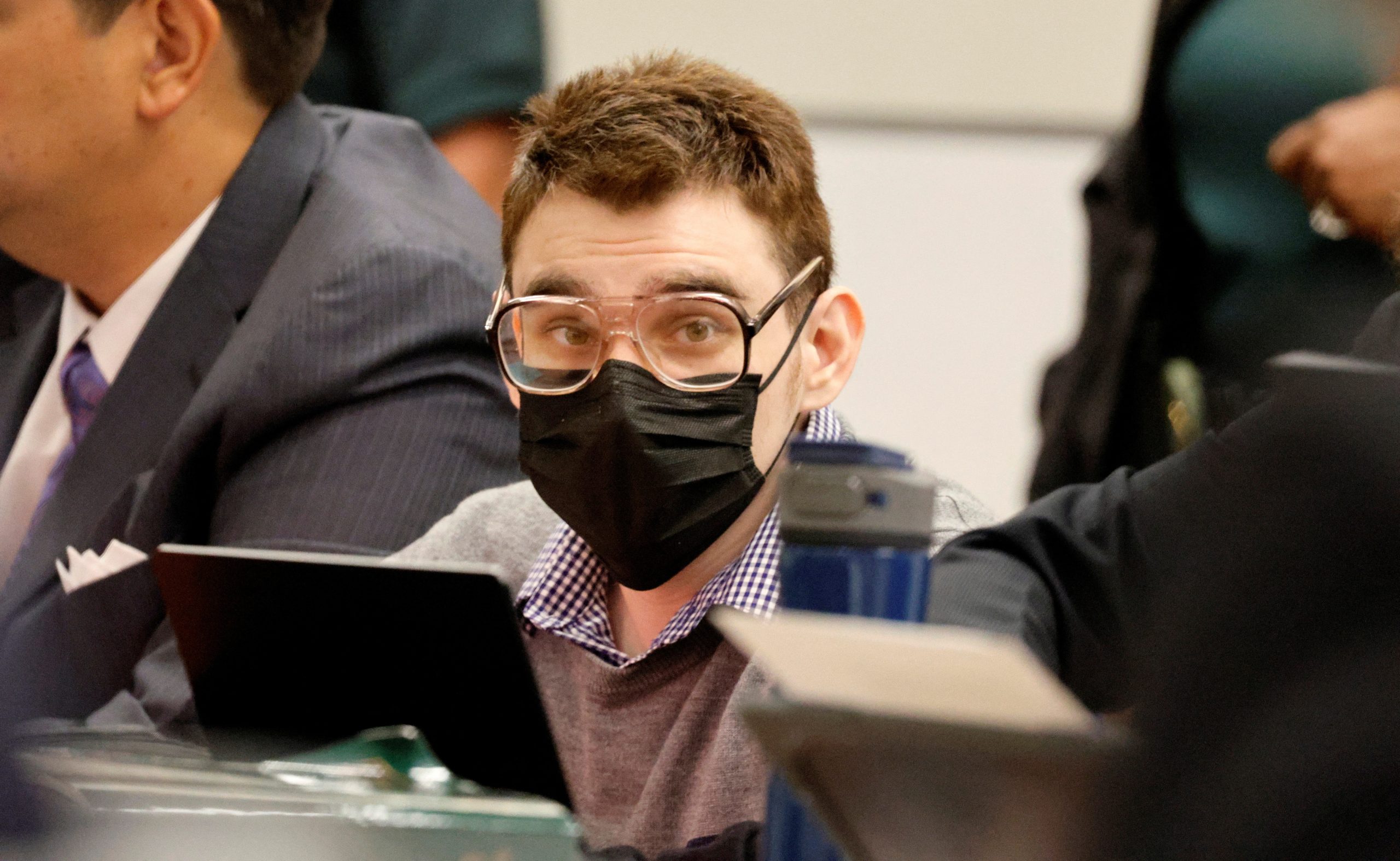
Matt Bush, FISM News
[elfsight_social_share_buttons id=”1″]
A prosecutor in the Parkland shooting case urged jurors to sentence Nikolas Cruz to death for the killing of 17 people in a mass shooting at a high school in Florida as the sentencing phase of the trial got underway yesterday.
On October 17, 2021, Cruz pleaded guilty to 17 counts of first-degree murder and 17 counts of attempted murder for the horrendous act of terrorism he committed at Marjory Stoneman Douglas High School in Parkland, Florida, meaning that jurors will only be asked to determine Cruz’s penalty, not his guilt.
Michael Satz, the lead prosecutor in the death penalty case, said that Cruz was “cold, calculative, manipulative, and deadly” in carrying out his attack. Cruz only has two sentencing options available, either life in prison without the possibility for parole or the death penalty.
In Florida, a defendant who has already been found guilty of a capital offense like murder undergoes a second phase of court proceedings to determine sentencing. In this phase, the court will review the defendant’s case and history to determine whether they deserve the death penalty or a lesser punishment.
The prosecutor will try to present reasons why the defendant deserves the death penalty while the defense will present “mitigating” factors or circumstances that should warrant a penalty less than death. In Cruz’s case, the jury must first rule that at least one “aggravating” factor exists that would warrant the death penalty and then jurors must be unanimous in recommending the death penalty.
The prosecution will now seek to present “aggravating” factors in the case, proving that they outweigh any “mitigating” factors. Some of the aggravating factors which the prosecution will present include the atrocious nature of the attacks, the fact that he committed a burglary to carry out the attack, breached a government building, and disrupted a government function.
Satz said, “These aggravating factors far outweigh any mitigating circumstances, anything about the defendant’s background, anything about his childhood, anything about his schooling, anything about his mental health, anything about his therapy, anything about his care.”
The defense, on the other hand, is expected to use the shooter’s age, mental health, and the fact that he is remorseful to prove that there are valid “mitigating” factors that should exclude the death penalty.
Yesterday, the defense withheld their opening statement, choosing to wait until later in the trial when their witnesses are first called.
The prosecutors presented three witnesses along with the audio from a 911 call from the day of the shooting, following their opening statements. At one point, Satz argued the premeditative nature of the act by showing the court a video Cruz took of himself three days prior to the shooting on his cellphone. In the video, Cruz looked into the camera and said, “Hello, my name is Nik. I’m going to be the next school shooter of 2018.”
Satz punctuated the prosecution’s case by telling jurors that Cruz committed “goal-directed, planned, systematic murder – mass murder – of 14 students, an athletic director, a teacher, and a coach.”
The trial was set to begin in 2020, but because of legal fights and COVID restrictions, it began two years later. It is expected to last around four months.
